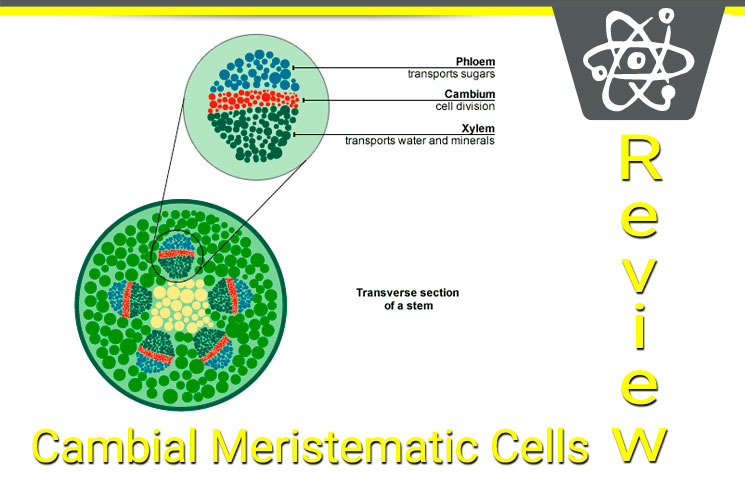Meristem Guide
A Meristem is a type of stem cell-generation tissue found in most plants. In plants, meristematic cells are found in areas of the plant where growth can take place. Here’s our guide to Meristem.
What is a Meristem?
A meristem is a plant tissue that contains undifferentiated cells. These cells are also known as meristematic cells. Meristematic cells are located in parts of the plant where growth can take place.
The most important thing to know about the meristem is that it’s the part of the plant where plant stem cells are located. This is why some people describe the meristem as “the origin of plant vitality.” By providing a steady supply of growth cells to other parts of the plant, the meristem allows the plant to continue to grow.
In recent months, there’s been some evidence that meristem can be used to treat cancer because one of its chemical compounds is paclitaxel.
How is Meristem Used?
Why are we talking about stem cell-producing part of a plant? We’re talking about it because more and more companies are now using cells from the meristem in their products. Perfumes, medicines, pigments, antimicrobials, and insecticides are all derived from natural plant products that originate in the meristem.
Many of these manufacturers use a specific type of meristematic cell called Cambial Meristematic Cells (CMCs).
What Are Cambial Meristematic Cells?
Cambial Meristematic Cells, or CMCs, are found in many perfumes, medicines, pigments, and personal hygiene products.
The cambium is a specific type of meristem. It has thin walls that minutely exist in small populations within a plant. The cambium is very delicate, and applying just a light force will destroy it.
It took over 160 years of research to isolate CMCs due to their delicate structure. In 2010, researchers from the Plant Stem Cell Institute published a report in Nature Biotechnology. This report discussed how the researchers were able to isolate Cambial Meristematic Cells.
CMCs are one of two types of meristematic cell. The other type of meristematic cells are called “callus” cells, which are also known as dedifferentiated cells and are classified as somatic cells.
Benefits of Meristematic Cells
Why are meristematic cells becoming more popular? Manufacturers are starting to use more meristematic cells because they’re thought to provide an environmentally-sustainable and cost-effective type of natural advantage.
Extracting cells from the meristem also has one unique advantage over other types of natural plant extraction: it’s not subject to environmental conditions or political situations in certain parts of the world. CMCs don’t have to be extracted from any part of the world: they can be extracted from virtually any plant.
There’s also some evidence that a chemical compound in the meristem known as paclitaxel can reduce the risk of cancer. Paclitaxel is a chemical compound found in other natural organisms which has shown some evidence of treating different types of cancer. We’ll go into more depth about this benefit below.
To sum up the benefits of meristematic cells:
— They provide a cost-effective and environmentally-sustainable source for beauty and hygiene product manufacturers
— They allow these manufacturers to sell products that are natural and organic
— They reduce the need for artificial or synthetic formulas
— CMCs can be used to treat certain types of cancer
Meristem and Cancer Treatment
There’s some evidence that the meristem can be used to treat a number of types of cancers. Meristematic cells contain a chemical compound known as a paclitaxel, which is a medication used to target cancerous cells.
Paclitaxel compounds are particularly valuable for treating ovarian cancer, breast cancer, lung cancer, and pancreatic cancer. By interfering with the normal breakdown of microtubules during cell division, paclitaxel may reduce the risk of cancer.
Ultimately, more research needs to be done on meristematic cells in order to determine the best way to use the paclitaxel compounds to treat cancer. As we speak, researchers around the world are investigating meristem for its paclitaxel properties.









